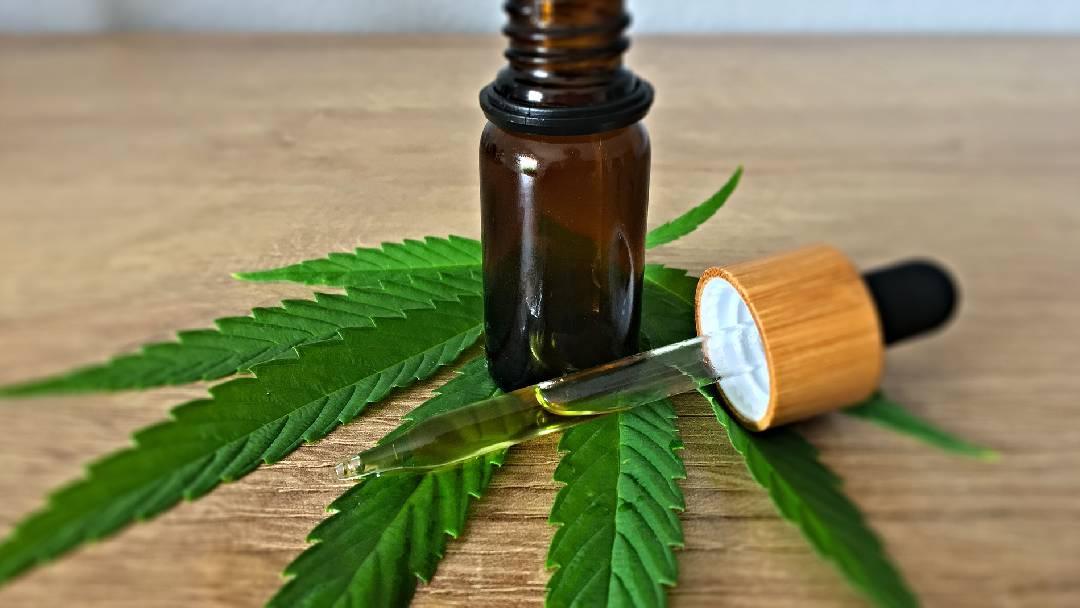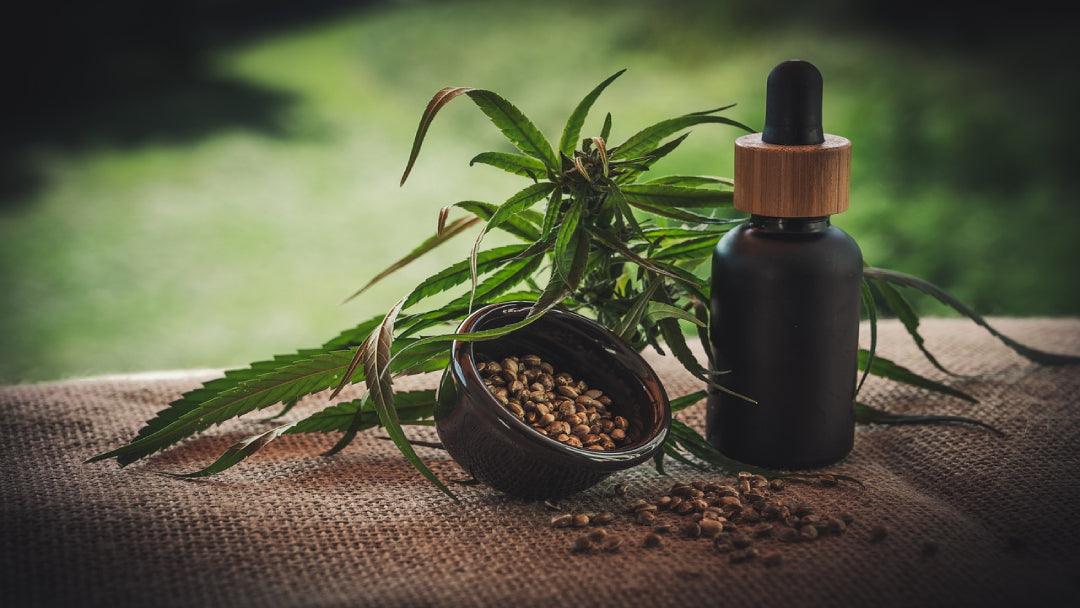How & When to Take CBD Oil for Sleep
Restless Nights
Experts recommend that adults get seven to nine hours of sleep every night. Sometimes, this can be easier said than done. Up to 70% of Americans do not get this amount of shuteye. Up to one-third of the American workforce sleeps less than six hours a night.
Restless nights can result from physical or mental overstimulation or one’s body simply refusing to go to sleep. People require different solutions, and many seek natural sleep aids rather than prescription medications due to severe side effects. One product that is gaining popularity in helping with sleep is CBD oil.
Related Link: Can Humans Take Pet CBD Oil?
Understanding Cannabis
There are many slang terms for a particular green plant with distinctive leaves. Pot, bud, weed, Mary Jane, bud, herb, the list goes on. The scientific community refers to the plant as cannabis sativa.
Cannabis contains several chemical compounds, including a group that is called “cannabinoids.” Over 100 of these substances have been studied, and the two which have the most significant impact on people are tetrahydrocannabinol (THC) and cannabidiol (CBD). A compound that is also gaining traction is cannabinol (CBN).
THC is the substance that gives people a “high.” The part of the plant that contains this compound is specifically referred to as marijuana. Cannabis plants containing under 0.3% THC are deemed “hemp.” CBD and CBN are extracted from hemp and sold per state regulations as they have different effects.
Related Link: Dope Dog's 2nd Anniversary Party
CBD products can legally be sold anywhere in the United States if it has been extracted from hemp. This compound is void of psychoactive properties and will not lead to dependency or abuse. It has become trendy in beauty, food, medicinal, and pet products. Among the health benefits of CBD are managing chronic pain, anxiety, and insomnia. There is also substantial evidence that CBD effectively eases the symptoms of seizure-inducing conditions.
CBN is more obscure than CBD, nor is it as readily available. Little research has been done on this compound, but it is gaining traction thanks to its potential for aiding sleep and pain management. Unlike CBD, CBN is a milder version of THC. As cannabis plants age, the THC components begin to break down. The result is CBN, a cannabinoid approximately 25% as effective as THC.
In large doses, this byproduct can have psychoactive reactions. Hence the reason it is more strictly regulated than THC. The few studies performed on CBN have demonstrated it has sedative properties that can help relieve insomnia, there is increased pain relief when CBN is used in conjunction with CBD, and CBN could delay the debilitating effects of amyotrophic lateral sclerosis (ALS).
Forms and Dosage
CBD products can be pills, capsules, gummies, creams, oils, tinctures, vapes, topical solutions, or beverages. Research has shown that up to 300mg of CBD can be safely consumed every day for up to six months. One study concluded that some participants could consume up to 1,500 mg daily, and another review found that those who took the larger dose every day had no adverse side effects.

CTA: Want to buy our products in-person? Check out our funky Echo Park Loft!
How CBD Oil Helps for Sleep
This cannabinoid helps to calm the nervous system. Its effects on serotonin can also alter one’s mood. Sleep disorders that can be relieved by CBD include REM sleep behavior, excessive daytime sleepiness, and insomnia. Anxiety, a leading cause of insomnia, can also be reduced. One study showed that 80% of those who used CBD to help with anxiety reported lower levels within a month. 65% of the participants reported improved sleep.
Related Link: National Women's Day - #femalefounders Interview with Dope Dog Founder
Insomnia
Those with chronic insomnia have difficulty falling asleep or staying asleep. This can result in a person being groggy the next day, unable to concentrate, and not in the best of moods. Worrying about not getting enough sleep and its effects can trigger anxiety, which contributes to insomnia. As one can see, this is a vicious cycle. A study is currently being performed to determine if CBD can help with insomnia triggered by anxiety.
REM Sleep Behavior Disorder
People with this condition may become verbal and physically aggressive during the raid eye movement (REM) sleep stage. It is more common in older patients with maladies such as Parkinson’s and Alzheimer’s disease. CBD helped to manage this REM disorder by reducing disruptive episodes from 2-7 times a week to 0-1 times per week in a small study of four participants with Parkinson’s disease.
Excessive Daytime Sleepiness Disorder
Those who do not get enough sleep at night might struggle to stay awake the next day. In addition to acting as a sedative, CBD is being studied as a wake-inducing substance. Initial animal research has suggested CBD can function in this capacity, but more studies are needed to determine its efficacy in wakefulness.
How to Use CBD Oil for Better Sleep
Experts recommend using CBD oil about an hour before lying down to sleep. Start with a 40-60 mg dose and let the drops sit under your tongue for 30-60 seconds to absorb fully. The oil will go directly into your bloodstream, and you might feel the effects in as little as 20 minutes. If a high dosage is necessary, you can work your way up to 160 mg. For even easier dosing, and to enjoy the benefits of CBD and CBN, try out these premium sleep gels from Dope Dog.
To get optimal results, do not skimp on the quality of your CBD oil. When it comes to these products, you definitely get what you pay for. Look for items that have undergone third-party testing, clearly label the concentration of CBD, provide complete ingredient lists, and do not contain byproducts, fillers, or questionable chemicals.

CTA: Still wondering whether or not CBD products are legit? Have a look at this superstar backer!
Play it Safe
CBD oil can interact with other drugs like countless other supplements and over-the-counter medications. Known interactions include antidepressants (serotonin levels), blood thinners, and medications used to lower cholesterol. Always consult your doctor before starting a new medication, prescription, or otherwise. A medical professional can determine if CBD oil is beneficial for improved sleep and treating anxiety that could be causing insomnia.
It has also been suggested that in helping with sleep, CBD oil delivers the best results when used in higher doses for shorter periods of time. Long-term use can lead to reduced effectiveness, and if using CBN, there is an increased risk of dependency. If you feel CBD oil is a viable solution and are not at risk for drug interactions or side effects, give it a try and see if it sends you off into dreamland.


















